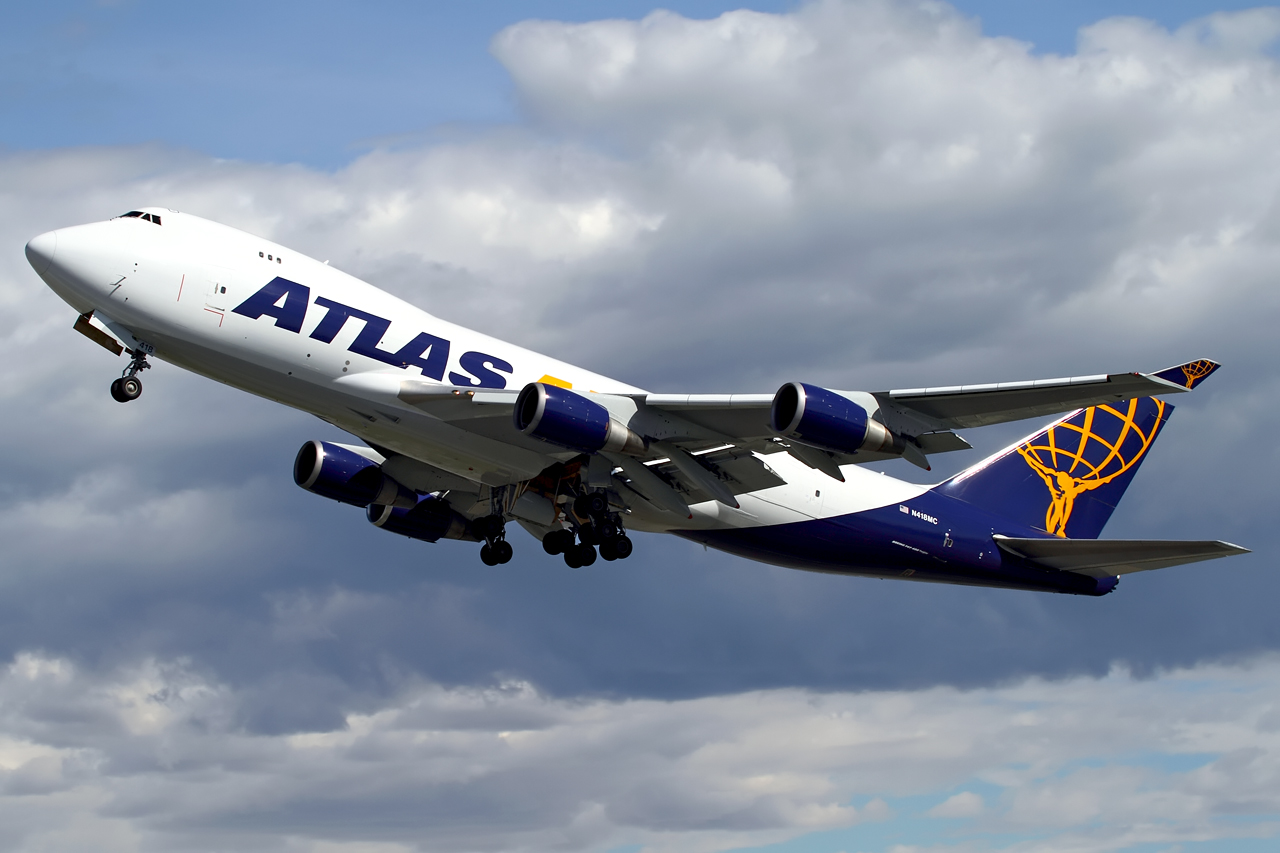Atlas Air steps up SAF efforts in Spain
06 / 12 / 2023

Photo: Atlas Air
Energy company Repsol has begun supplying sustainable aviation fuel (SAF) to Atlas Air for use in all its flights with its customer Inditex from Zaragoza Airport in Spain.
New York-based Atlas Air said it is initially incorporating 5% SAF in these flights. The airline added that the agreement makes it the first cargo airline to use SAF regularly on cargo flights in Spain.
The initiative is in line with the companies’ commitments to achieve their respective carbon footprint reduction goals, and also positions them to comply with anticipated compliance measures included in the ReFuelEU Aviation regulations that require use of 2% renewable fuels in 2025, 6% in 2030 and 70% in 2050, respectively.
“We are committed to contributing to the sustainability of the aviation sector and appreciate this opportunity to work with our valued partners at Inditex and Repsol,” said Richard Broekman, chief commercial officer and head of sustainability for Atlas Air Worldwide, parent company of Atlas Air.
He added: “It is critical for our sector to work together in driving wider adoption and availability of SAF, which ultimately will have a positive impact on our industry and the environment.”
The agreement also aims to enhance local SAF production, both in terms of refinery capacity and in the sourcing of nearby raw materials, with the goal of reducing greenhouse gas emissions from the aviation sector.
Aena, responsible for the management of Zaragoza Airport, supports the integration of SAF in aviation operations to promote production.
Repsol currently has more than 30 service stations in the Iberian Peninsula that supply 100% renewable fuels to its customers.
In the next weeks, Repsol will start up its first plant dedicated exclusively to the production of advanced biofuels in the Iberian Peninsula and one of the first plants of its kind in Europe at its industrial complex in Cartagena, Spain.
The plant will have a production capacity of 250,000 tons of SAF and renewable diesel per year, produced from various types of residues, mainly used cooking oil and waste from the agri-food industry, and it is expected to reduce 900,000 tons of CO2 per year.
Earlier this year, Kuehne+Nagel, Atlas Air and SR Technics Group formed the Sustainable Engine Alliance to reduce the environmental impact of aircraft engine supply chains.
Kuehne+Nagel and Atlas Air team up on Sustainable Engine Alliance














